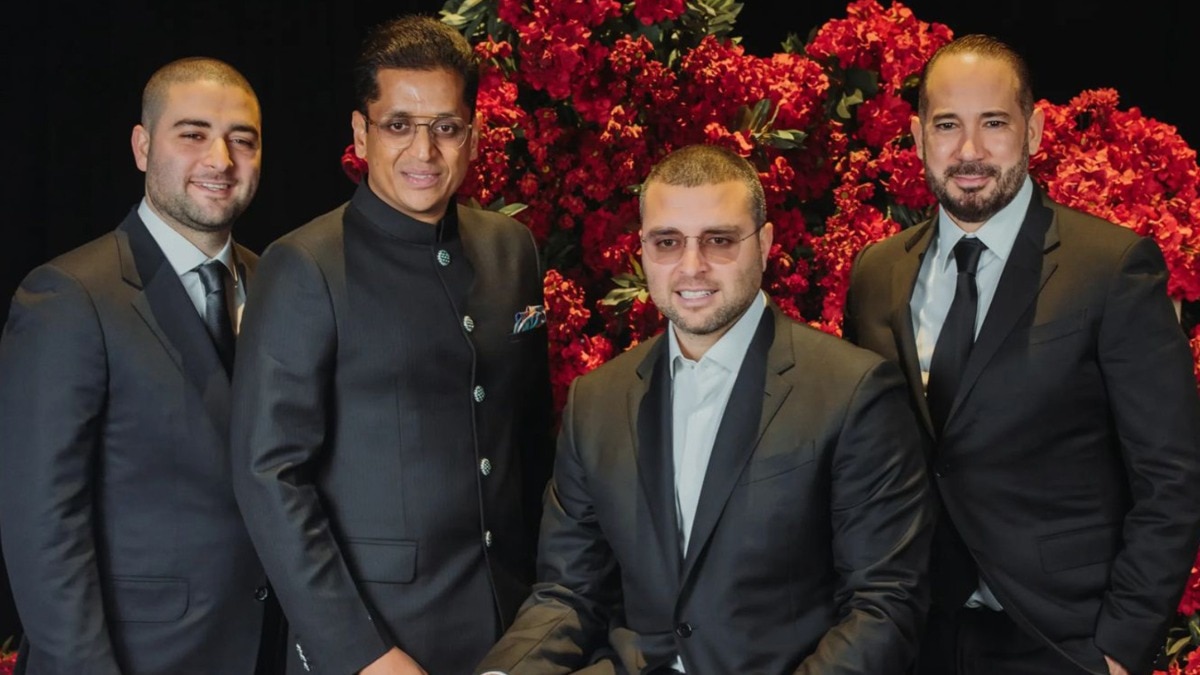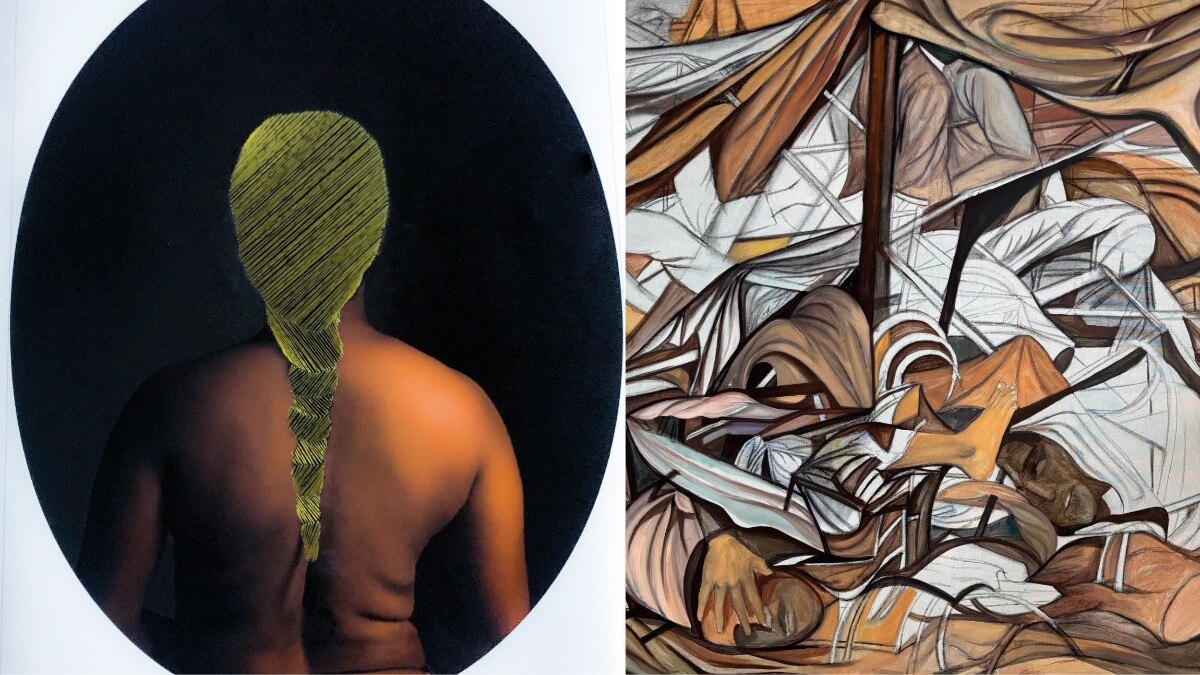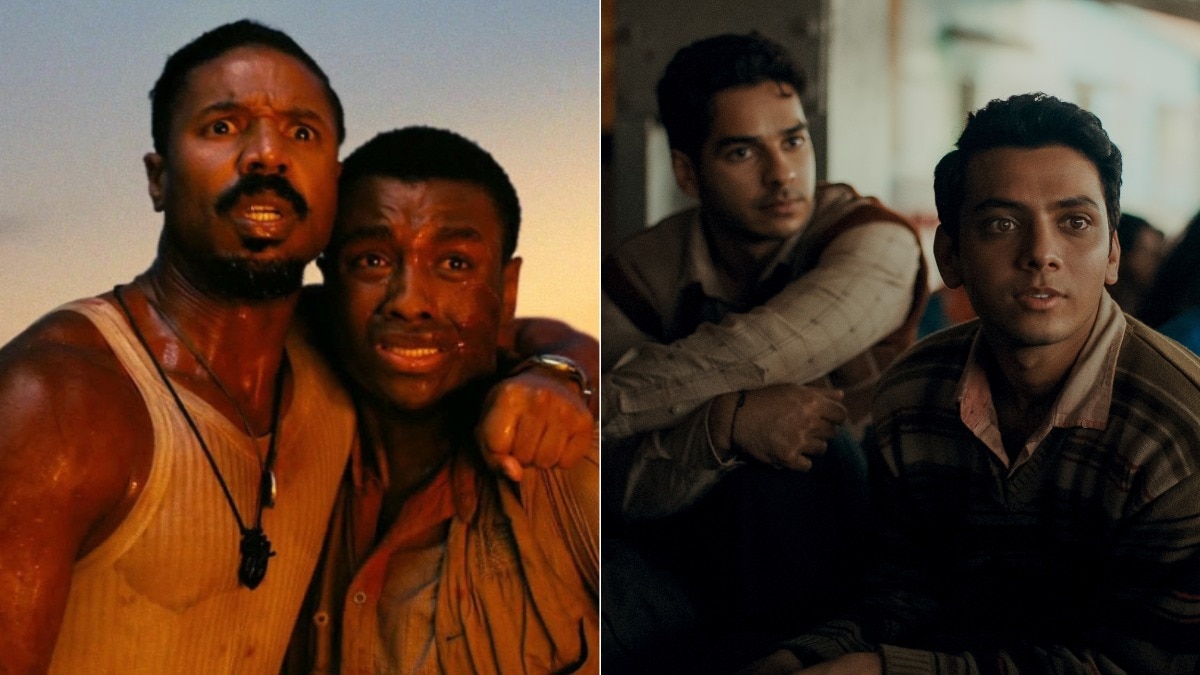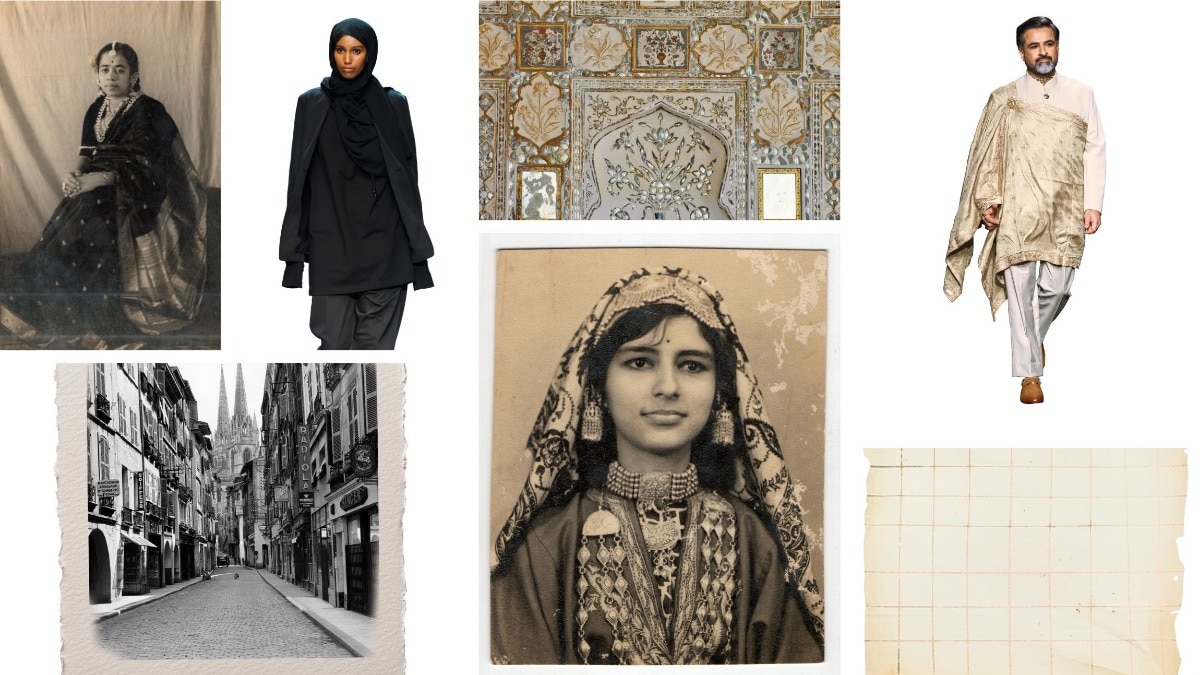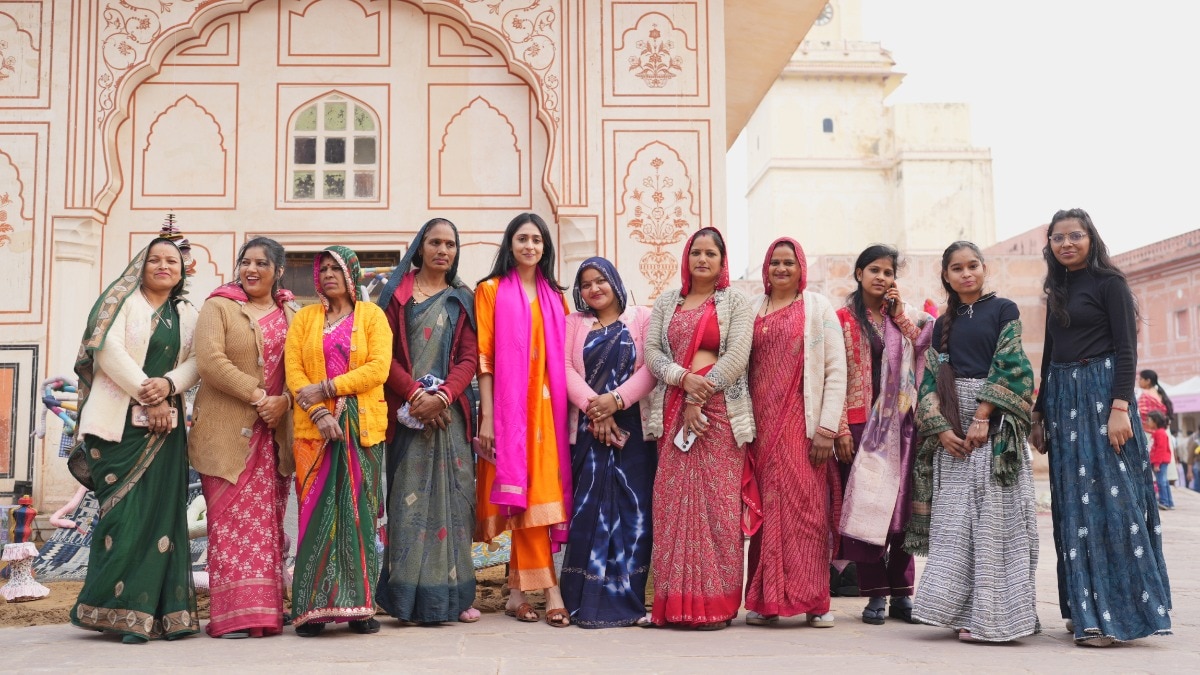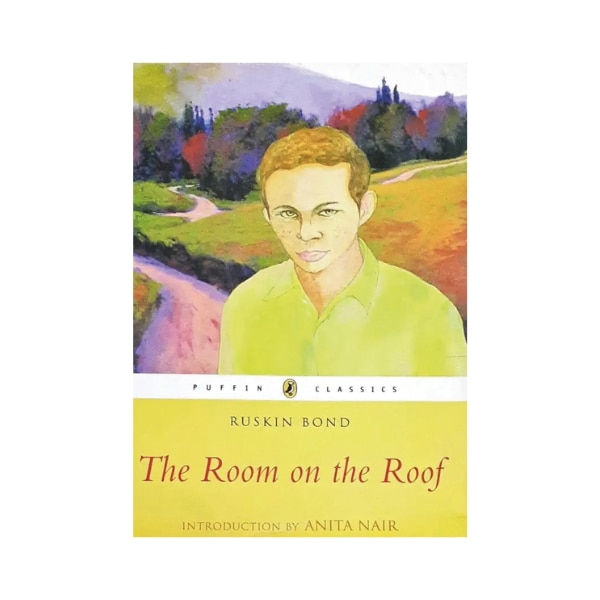
Ruskin Bond turns 91, and he’s nowhere near done telling stories
From his window in Landour, the beloved author reflects on a life spent writing, the characters who never left him, and why the stories keep coming.

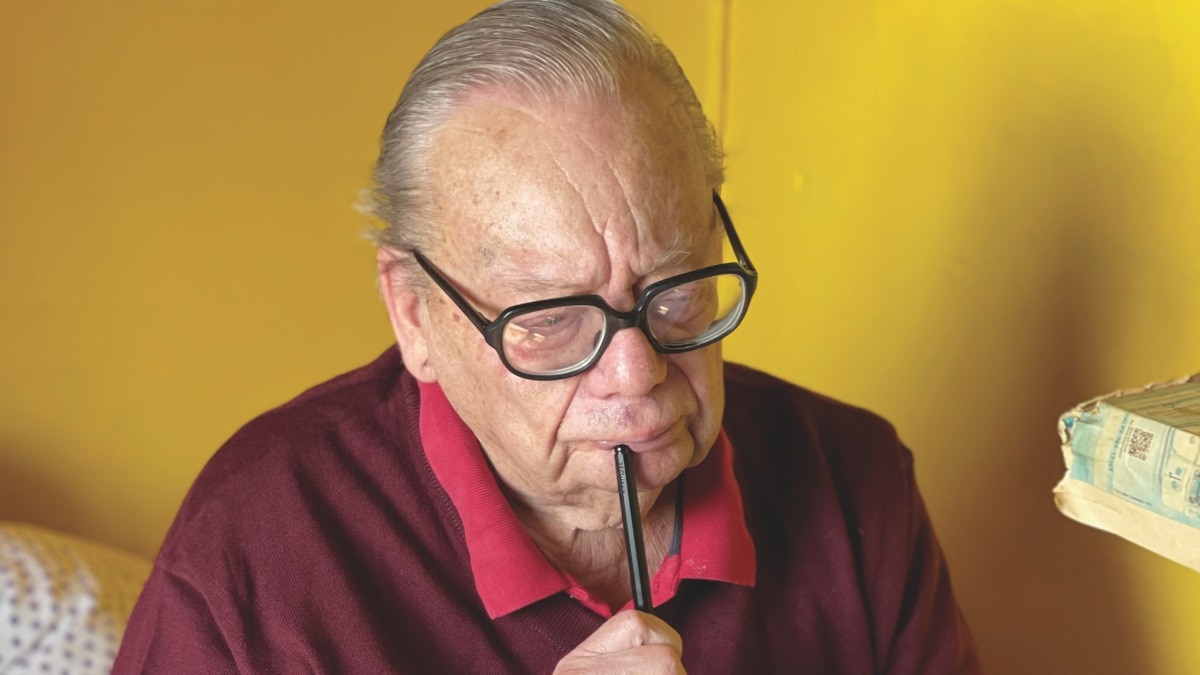
How often do characters of a story walk off the page and into your life? In a Ruskin Bond book, the characters are the story—he begins and ends with them, and the story belongs to these vivid personalities. Take, for example, The Night Train at Deoli, which was published almost 40 years ago, but that girl with the basket is still standing on the platform, waiting for Bond to get off the train, take her by the hand and walk away with her. The same is the case in Love Is a Sad Song where Sushila lingers in Bond’s memory—still coy, still 16, and forever on the cusp of an unfulfilled promise. Or think of The Overcoat, where that soft and frayed overcoat, folded neatly by Julie, still lies by her lonely grave. The Anglo-Indian author’s characters do not age, carrying the same charm they did when I first read his stories. And it is through these characters, readers discover a companion we have all yearned for but never got.
Born Owen Ruskin Bond in 1934, in Kasauli, Himachal Pradesh, he was the eldest child of Aubrey Alexander Bond and Edith Clarke. He spent his early years in Jamnagar, Gujarat, where his father ran a small school for royal children. When Aubrey later joined the Royal Air Force, Bond’s childhood was spent in cities like Delhi, Shimla, Mussoorie, and Dehradun. But as Bond was growing up, at just four years old, his parents separated, and at the age of 10, his father died of malaria while stationed in Kolkata.
When India became independent, he chose to stay on—settling in Mussoorie near Dehradun—instead of leaving like many from his community. Although he remembered his father’s words telling him that he belonged to England, Bond’s heart remained tied to India’s hills and villages. In 1951, he did try to build a life in England, aspiring to be a writer, but he soon returned, unable to leave the place that has become a part of his soul.

During his time in England, which lasted about four years, he wrote his first novel, The Room on the Roof, published in 1956. It was a semi-autobiographical story of an orphaned 16-year-old Anglo-Indian boy living in Dehradun. The English publishing world of that era held a narrow and insular view of what was considered ‘publishable’, and Bond quickly realised how difficult it was to break into as the rejection slips began to pile up. But just as he was beginning to lose hope, his debut novel caught the attention of Andre Deutsch, a publisher of Hungarian origin. His eponymous publishing house gave the young Anglo-Indian writer we now adore, Ruskin Bond, his earliest break as a writer.
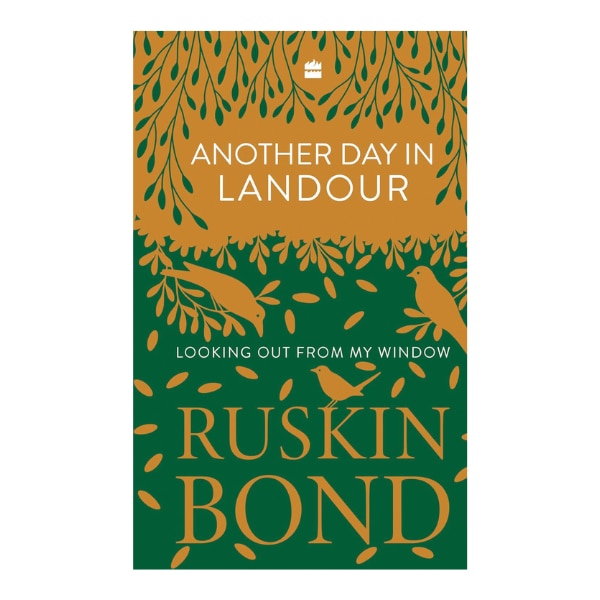
Almost 69 years after his first book came out—and with more than 500 titles to his name—the Padma Shri award winner is still writing. His latest book, Another Day in Landour: Looking Out from My Window, is drawn from a journal he kept in the year following Covid. In its pages, he writes about everything—from his deep love for nature, especially birds and flowers, to the realities of his advancing years. “It’s sort of the quiet thoughts of a quiet fellow,” he says.
Having celebrated his 91st birthday in May, he insists that “for me, every day is a birthday, especially when you get into your 90s, because then you take one day at a time.” He says he feels just as he did at 89 or 90; the only change, he admits, is that he’s slowed down a bit. “The body starts getting rebellious, and you can’t walk as far as you want to walk, or climb steps. My eyesight is pretty weak now, I’m inclined to bang into chairs and tables and people too.” But his age has not affected his diet whatsoever. He relishes his favourite meal of the day—breakfast. “I should be dieting, but I don’t,” he laughs, before adding, “I am quite overweight, but then if I’ve got to the age of 91 by not observing any dietary rules, maybe I think too much fuss is made about what we should or should not eat.” He’s always loved fried eggs and toast—and still does—but after some dental trouble, he switched to something softer: cornflakes, dalia (broken wheat), and sooji (semolina), which he quite enjoys. Now that his dental issues are resolved, he happily combines both.
Ivy Cottage in Landour has been Bond’s residence since 1980. From his bedroom window, he’s written countless stories while staring out at Pari Tibba, the Hill of Fairies. No one lives there, and local legends say anyone who tries has met with terrible misfortune. As someone who’s read most of his ghost tales, I asked if he’d ever seen anything spooky— or even a ghost—to inspire them. He laughs, “I never really saw anything spooky, but since I occasionally read ghost stories, I did use it as a setting for one or two ghost tales, and maybe that’s added to its reputation as a haunted hill. But I have to confirm: I don’t see ghosts.” And yet, he confesses, “I only keep on seeing them because I conjure them up myself. As a boy, I was a voracious reader of ghost stories, so when I began writing, I felt I ought to write ghost stories too. But my ghosts are not scary—they’re really quite helpful and friendly.”
When he was at school, the Padma Bhushan awardee had odd ambitions; he wanted to become a tap dancer and a footballer. “I don’t have the figure for tap dancing anymore—and I certainly can’t bend it like Beckham,” he says, laughing. “A few months ago, a football came bouncing toward me while some kids were playing. I gave it a mighty kick, and the ball flew off—but I was hopping around in agony because I forgot I had gout in my left foot.”
Perhaps the most wonderful thing about writing, he believes, is that it has no age limit. When people ask Bond if he still writes, his answer is always, “Why shouldn’t I?” He adds with a chuckle, “Writers don’t retire—we don’t get provident funds or pensions, so we simply have to keep writing.”
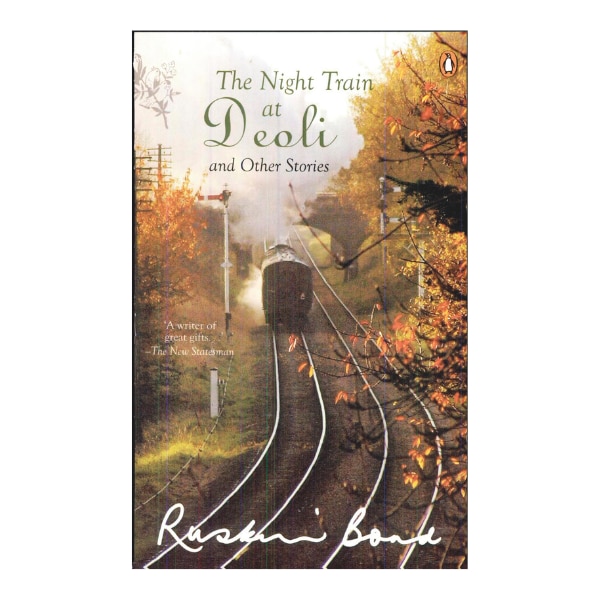
For someone who had decided that he was going to make a living by writing, the pay in the industry was meagre. “In the 1950s, there were hardly any publishers for creative writing, fiction, or poetry,” he explains. “I’d have to try and get my work published abroad, which was very difficult. But in India, short stories, essays, and articles found a vast market—every Sunday paper had a magazine section, and there were plenty of family magazines, though most have since disappeared. They didn’t pay much,” he shares, “but The Illustrated Weekly of India—where I published many stories—would pay me `50. That was about the best rate. I even got ₹5 money orders from a little magazine down in Chennai. You always got something.” Times have since changed, and money, of course, has lost its value, but if Bond wrote six or seven stories in a month—which he did—he earned ₹300 or ₹400 a month, which was comfortable back then. “With just ₹5, I could see two or three films, buy two paperbacks, or treat myself to fish and chips at a cafe.”
The Blue Umbrella author finds writing by hand more personal. This is why he still writes all his stories by hand. When I ask why he never switched to a laptop, he laughs, “Pure laziness, I think.” He’s simply used to writing stories by hand; even back in the typewriter days, he would write his first draft, then type and revise it. He’s also tried reading on Kindle once, but found it “very silly.” Bond recalls, “I was on a flight from Chennai with one of my publishers. He was trying to interest me in reading Winnie the Pooh or something...and it didn’t interest me at all.” Perhaps it’s this personal touch that makes the 91-year-old’s writing feel like a hot bowl of soup in a mountain cabin. Many readers write to him, saying his books calm them, and he says, “I’m maybe an optimistic sort of writer. I look for the magical moments rather than dwell on life’s unpleasantness. It’s not that I’m unaware of the harsh realities in the world—I’m starting to write about those, too; maybe I’m a late developer. But kids tell me they read my stories because ‘it’s not like studying,’ and they’re right—when you have to study a book, it loses its charm.”
As we draw our conversation to a close, I blurt out the one thing on every writer’s mind these days—AI. I wonder aloud if he ever tried ChatGPT? “Huh? I’m sorry—what’s that?” comes his response. When I explain, he says, “No, I’ve never heard of it.” And in that moment, I was reminded why great writers will always matter. An AI might string words together faster or write an article in seconds, but it can never capture the beating heart behind them. “But I’ll try to find what ChatGPT is!” he laughs. I give him a quick rundown of the software, explaining how it can write a short story in three seconds—he exclaims, “Oh, but I could never do that in three seconds!”
I hope he tried ChatGPT that day and I hope he realised that a writer like him—no matter how advanced the writing software we get—is irreplaceable. No one really compares to our very own Indian William Wordsworth.
Lead image: Harper Collins India
This article originally appeared in the Harper's Bazaar India June-July print edition.
Also read: This beautiful book turns India's relationship with its rivers into a work of art and activism

